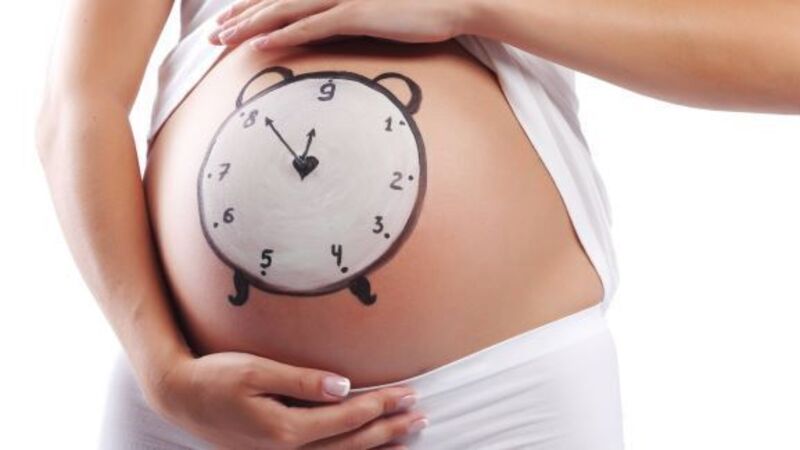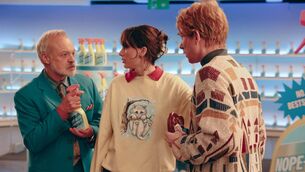Journey to life brings soul-searching questions

USING donated eggs from a younger woman is the option offered by fertility clinics for many women in their 40s as the most likely way to cross the infertility barrier.
Women opting for egg donation at the Sims IVF Clinic have an average of 42 and 90% of the 150 major cycles of egg donation a year at the clinic are carried out on women over 40. Most UK clinics won’t offer women aged 45 IVF using their own eggs because there’s only a one percent chance of success, says Zita West Group manager Anita O’Neill, adding, ‘hundreds of women in Ireland have babies every year through egg donation’.











